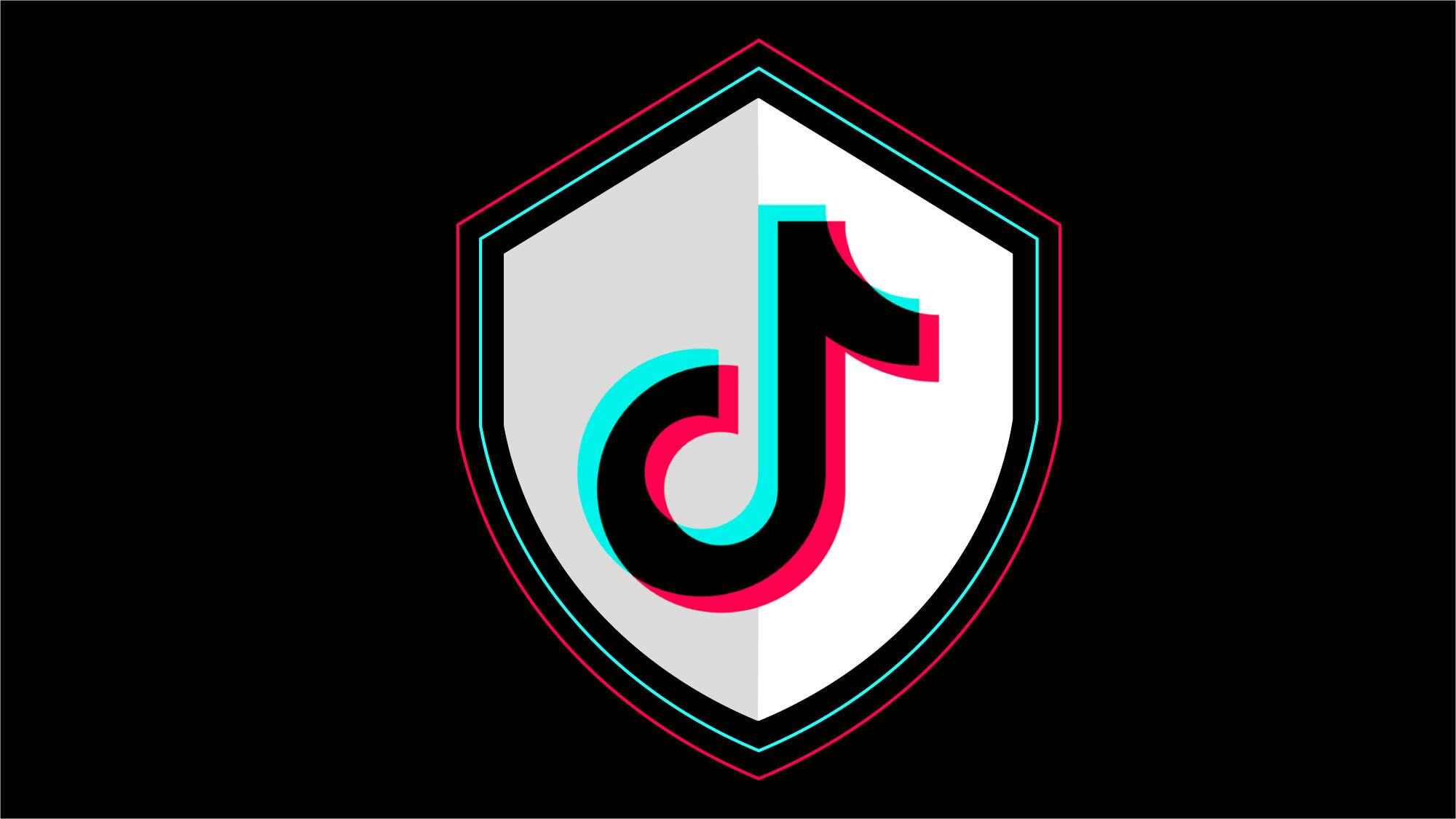The safety and security of the popular social media app TikTok have recently been called into question — a congressional hearing was held following a series of concerns about data privacy and security practices within the app.
Johannes Bauer, Quello Chair for media and information policy at Michigan State University, said he is specifically concerned about TikTok’s algorithm because although it's not known how exactly it works, it's known to generate consistent exposure to harmful content to a specific subgroup of users.
Most social media platforms are capable of exposing harmful content to their users. But Bauer said TikTok’s algorithm makes it easier for users who are susceptible to watching dangerous videos — oftentimes about self-harm, dieting and more — to fall down a rabbit hole. This is because TikTok will continue to loop videos that fall under those topics into one's feed after they interact or show interest in it.
Ruth Shillair, director of MSU's media and information master’s program, said that although harmful content can be spread across all platforms, TikTok’s algorithm is better at collecting data to create a more personalized content flow.
“They find it more enjoyable, addictive," Shillair said. "It’s giving people what they want or what they like to see."
Media and information professor Celeste Castillo doesn't believe TikTok is causing a rise in mental health issues in teens. Rather, she thinks teens struggling with mental health might gravitate towards the app.
“TikTok has some unique features to it that is creating this draw, such as being able to watch videos, short videos, from therapists," Castillo said. "But it’s just part of this broader trend of people seeking additional resources to substitute for those that they can’t have access to in other means."
When it comes to the security concerns congress has about the app, Bauer said it's worrisome, considering the app's connections to ByteDance, a Chinese internet technology company.
“TikTok hosts its data in the country in which it’s located, but that could easily be accessed from Chinese sources and the connection to ByteDance and the Chinese owner and so forth," Bauer said. "Of course raises all sorts of concerns."
Although TikTok CEO Shou Zi Chew said during his testimony that TikTok would block access to all the data it has gathered on its users, Bauer doesn’t believe that this is enough. He believes the Chinese government is after a long-term gain by collecting the data, not a short-term one.
Gathering this data over the long term, Bauer said, could potentially have serious consequences — it could be used to manipulate the opinions of users, similar to the way voters were swayed in the 2016 election by the content they viewed on Facebook.
“One could imagine some devious foreign government who wanted to abuse, on a large scale, information collected on individuals to launch campaigns," Bauer said. "Whether it’s to promote certain political views or just to sort of increase uncertainty or decrease trust in institutions and leadership."
Bauer said it will be hard to prove that the Chinese government is in fact holding on to this data, considering they have continuously denied that they do, but he thinks the U.S. government's concerns are warranted as the data could come back to haunt users later on.
The Biden Administration has encouraged TikTok’s Chinese ownership to either sell the app to U.S. ownership or face being banned, something that could be uplifted by a bipartisan Senate bill entitled the American Data Privacy Protection Act. The act would create national safeguards for personal data collected by companies.
Discussions about TikTok are also taking place outside of the U.S. Governments such as those in the European Union are concerned about TikTok and its impact on their digital sovereignty — the ability to ensure data about its citizens remains geographically in their territories.
“For a long time we believed that the internet is an open, global space where we can network and link freely and appreciate each other's positions more and (the EU) went back to a more nationally-bounded nation of digital sovereignty where a lot of those benefits would disappear,” Bauer said.
The UK and Canada have banned TikTok on government devices — and some states in the U.S. have done this, as well. Bauer describes this as a “reasonable measure” to protect government data without enforcing a ban across all devices. General bans could cause serious legal challenges, he said.
Since the app market is a free marketplace, Bauer isn't sure how a ban could be enforced. TikTok has a large user base — 150 million users in the U.S., according to Chew. One would have to work with phone providers, app stores, alternative app stores and more to ban the app, Bauer said, and it would result in First Amendment concerns.
Shillair is upset by the potential ban for this very reason. She calls congress's recent actions a "very disturbing" and "unprecedented move."
According to Shillar, recent attacks on TikTok are largely due to the freedom of expression it provides, which can be a threat to certain political groups. Young people often use the app to express their feelings and sometimes organize political movements.
Support student media!
Please consider donating to The State News and help fund the future of journalism.
“This is not really a security issue, it’s a free speech issue,” Shillair said.
Discussion
Share and discuss “Is TikTok a security threat? MSU media experts weigh in” on social media.







